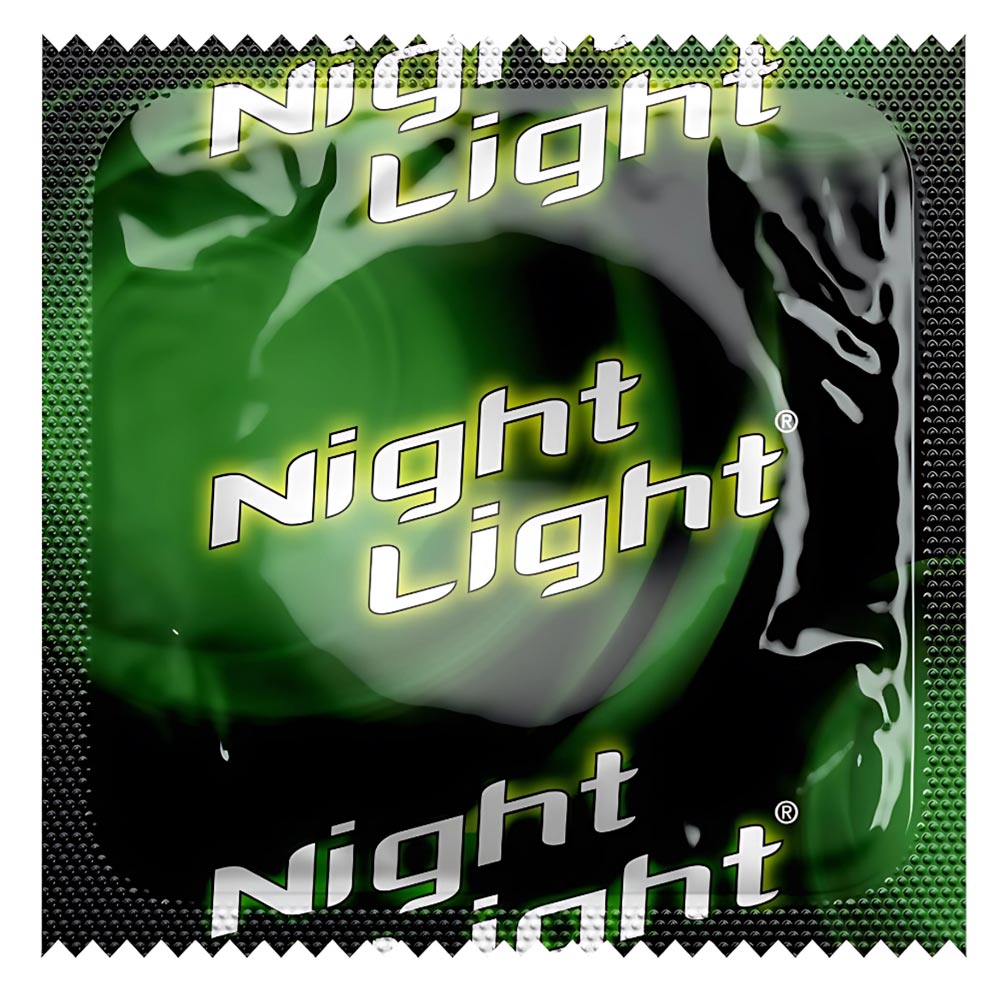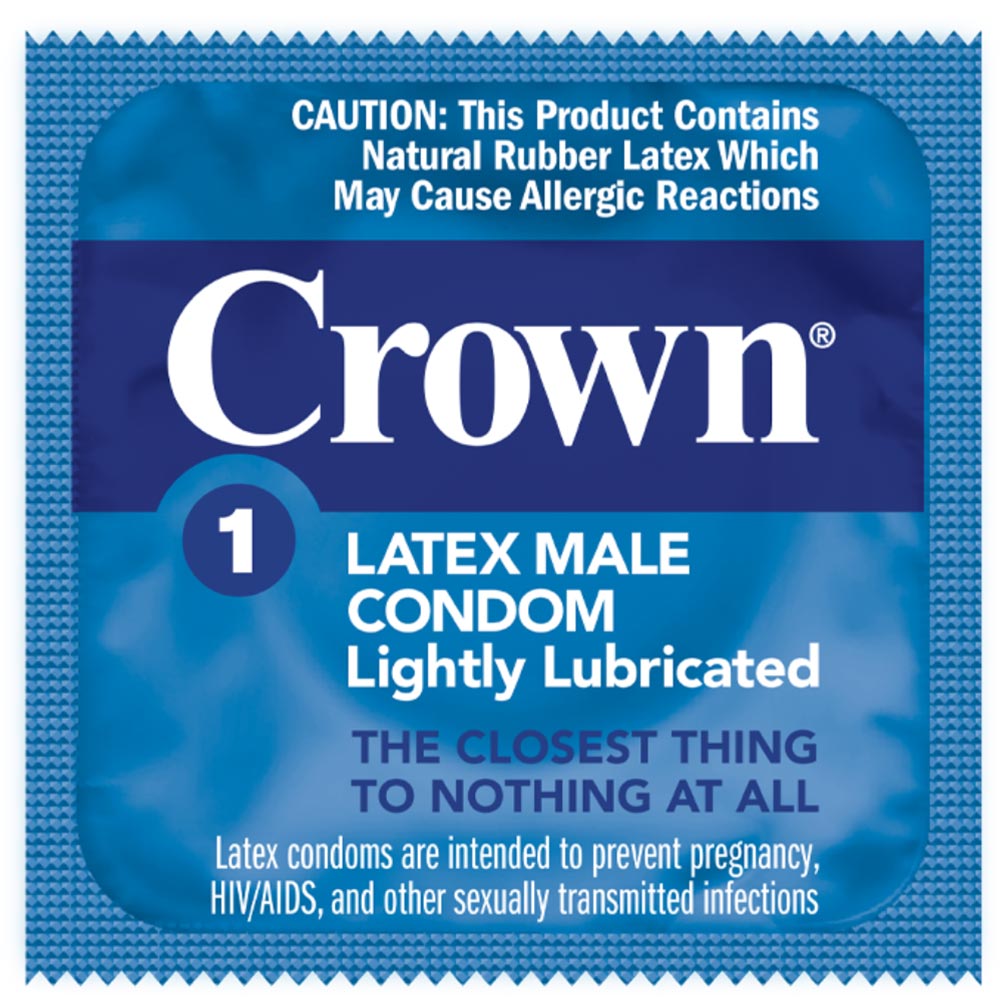Q: My interest is piqued whenever I hear about extra thin or extra sensitive condoms. I’d think that something that was extra thin would run a greater risk at being extra unsafe! I mean, if they are so safe, then why aren’t all condoms extra thin?
A: Here’s the number one thing to remember about extra thin condoms (also known as sensitive condoms): they, as well as extra strength condoms, as well as ribbed and studded condoms, as well as non-latex condoms, as well as any and all condoms on the market that aren’t listed as, “For Novelty Use Only,” pass the exact same safety requirements by the FDA here in the US.
The FDA, in turn, gets their requirements from the World Health Organization. These requirements discuss things like:
- How these condoms are tested and by which laboratories.
- Which materials they can be made from.
- How many in a batch are allowed to be faulty.
- How long they can stay on a shelf.
You can read more about the specifics for these requirements by going to the FDA’s website and checking out their literature on medical devices.
Wait, For Novelty Use Only?
Particularly in adult stores, or places like Spencers, you may sometimes stumble across condoms that are listed as, “For Novelty Use Only.” This means that they are jokes– they aren’t actually meant to be used as protection. Often, these are glow in the dark condoms, or condoms with funny drawings or prints on them. They aren’t serious medical devices.
Condom Depot doesn’t sell any novelty condoms, so you can be sure anything you buy from us, even our Glow In The Dark condoms are 100% FDA approved.
So, Why Extra Thin?

Or, maybe, why aren’t all condoms extra thin? We’ve reported half a dozen times on companies trying to make thinner and thinner condoms.
We’ve found that many customers associate thicker with safer. For them, the difference in size is negligible so long as they feel safer using that condom. It’s not unusual. Many people find safety to be a turn-on, and that mindset is particularly prevalent here in the United States. Which is why US condom companies don’t focus on thickness in their condoms as much as companies like Okomoto or Kimono, which are based out of Japan.
It seems with the popularity of the Crown Skinless Skin, a Japanese condom, more and more people in the US are taking an interest in thinner condoms. Which is excellent! And it certainly doesn’t mean that people using thinner condoms can’t be safe.
How Can I Stay Safe?

If you’ve had a particular condom break on you, chances are, it wasn’t the thickness that did it in. It was either the size or the lubricants– whether there just flat-out wasn’t enough or if it was inappropriate to use with the condom material.
Learn how to measure yourself for an appropriately sized condom, or check out our guide to lubricants to make sure you’re using your ultra-thin condoms correctly– and minimize your risk of breakage.
